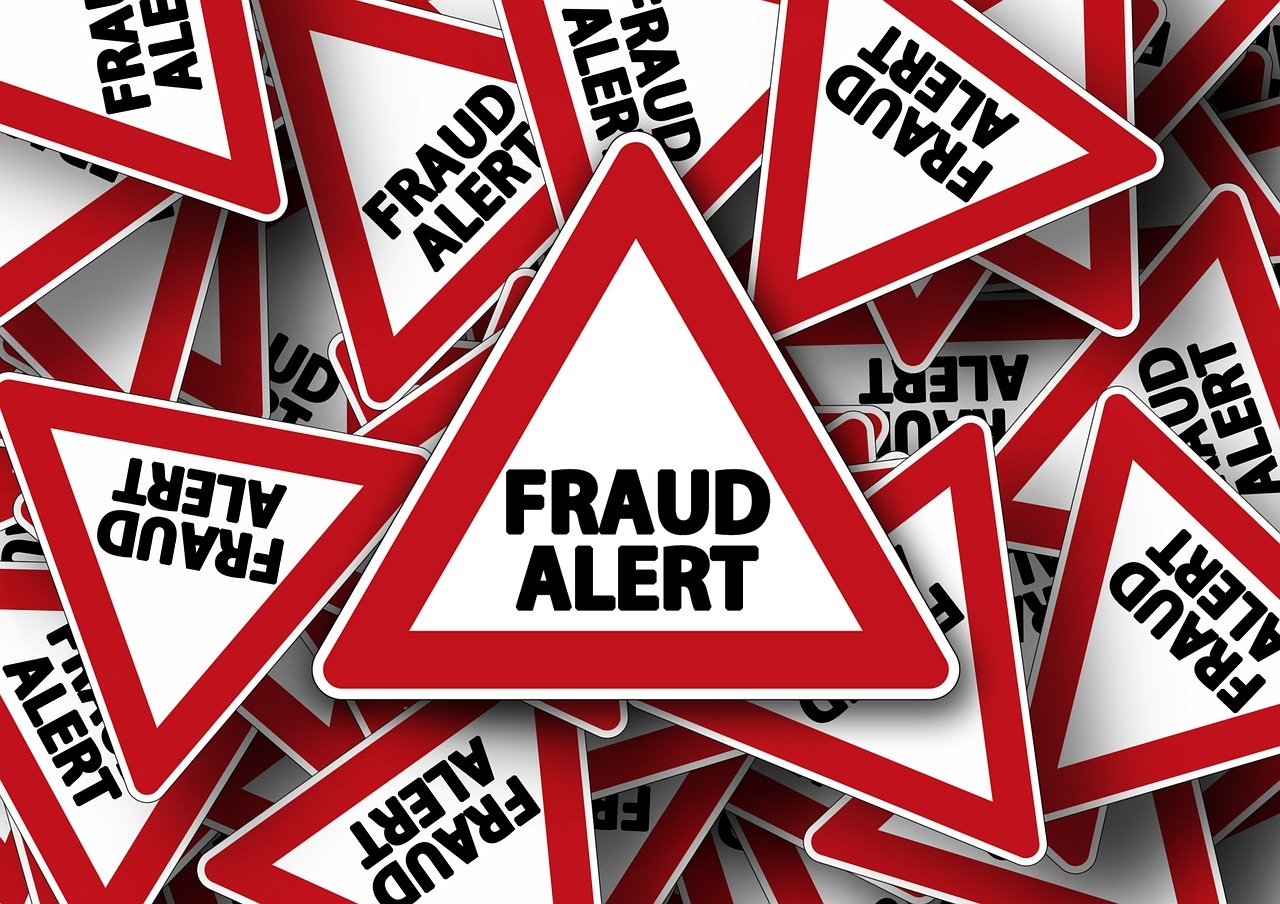New authors are often prey for unethical companies offering publicity, promotion, and distribution services. Sometimes they will claim you have won an award you never applied for, or that some agents are interested in your book. By knowing the many new author scams out there, you can save yourself a lot of grief and heartache, and certainly money.
The most common scam with new authors is to be offered an award you never applied for. They will then require that you send them your book cover, your book's title, and yourself or your book's website. You can bet that they will use this information for their own website highlighting the award they just gave you, and sending out tons of marketing material to readers on what they call a "Hot New List..."
Another scam is to have your book included on prestigious book lists, yet readers may tend to steer away if they know that your book is part of a scam. They will claim that readers and agents are interested in reading and judging your work for inclusion into their prestigious best-sellers list. This one is the most prevalent now as readers want to be included on these lists so badly, they will do anything to get their name out there as much as possible, even if it means paying publishers such as this one.
Finally, beware of companies who charge you an arm and a leg for promotion but never deliver any results. This could include listing your book at book fairs, or offering to get you publiscity for a fee. You can always tell by looking online for reviews from other authors who have used the service before you signed up with them. Check out sites like ripoffreport.com to research any companies that call you.
These are just a few of the many scams involving readers magnet publishing companies who want nothing more than your money and mislead you into believing that readers will flock to buy your book because it will be promoted by a scam company.
There is no better way for readers to know about new best-sellers than word-of-mouth, so try advertising on social media sites like Facebook or Twitter instead of paying someone else thousands of dollars for promotion. (And if you do buy ads for your book do not send them to Amazon, send them to your website so they can opt-in and you can build an email list. Only buy ads that build your email list or communities, never to simply sell a book. This was covered in the week five tutorials).
In the TwelveWeekBook.com week ten tutorials, I spend over an hour sharing proven methods for new authors to sell books. If you have not done the things in these tutorials (like being a frequent podcast guest) then start doing these things before you pay for any publicity or bookselling services. If you never did anything other than what I share in the week ten tutorials, you would sell a lot of books and never be scammed by someone making false promises.
You must remember that any time someone calls you up or emails you offering something for nothing, it's probably nothing but trouble.
Another scam concerns publishers who claim to be interested in publishing your work. Most of the time all they want is money upfront. Beware of anyone requiring any kind of payment, or anything you have to pay for upfront.
Another new author scam is the false book promotion book award. They claim you are guaranteed to win an award, even if they are giving it away with no readers voting whatsoever! This means that not only will readers never know about the wonderful work of literature that they now possess, but you will most likely never be seen again as a winner in this category.
Do yourself a favor, and make sure you research any company offering services before signing on the dotted line. Also, ask around for references within your writing community. One quick online search for "readers magnet scam" turned up dozens of articles warning against readersmagnet.com, a company that had recently called me offering to invite me to a book fair in Los Angeles. I have no idea if they really have a book fair or not, maybe they do, but I can certianly do the things I teach in this course and sell a lot of books without needing such a service.
If something sounds too good to be true, it probably is. Putting your time, effort, and dedication into your work will pay off in the end.
Some ways to protect yourself from internet scammers:
- If they call you and you didn't provide your contact info to them or reach out to them first, it is probably a scam.
- Anyone who asks you for upfront fees, especially if they want cryptocurrency, gift cards, wire transfer, Western Union, or other odd ways of collecting payments are probably scamming you.
- Never give yous social security numbers, personal information, credit card info, or checking account numbers to a stranger on the phone or internet. Never.
- Most importantly, never give out any kind of information about yourself, or your work, or your family.
Follow these steps to keep yourself safe from scammers. Always do your research before falling for a false claim that sounds too good to be true. If someone calls you or emails you and offers to help you, award you, distribute for you, translate for you, or anything else, post about it in our Facebook group and the many other authors in our group will help you determine if it is a scam or not.
